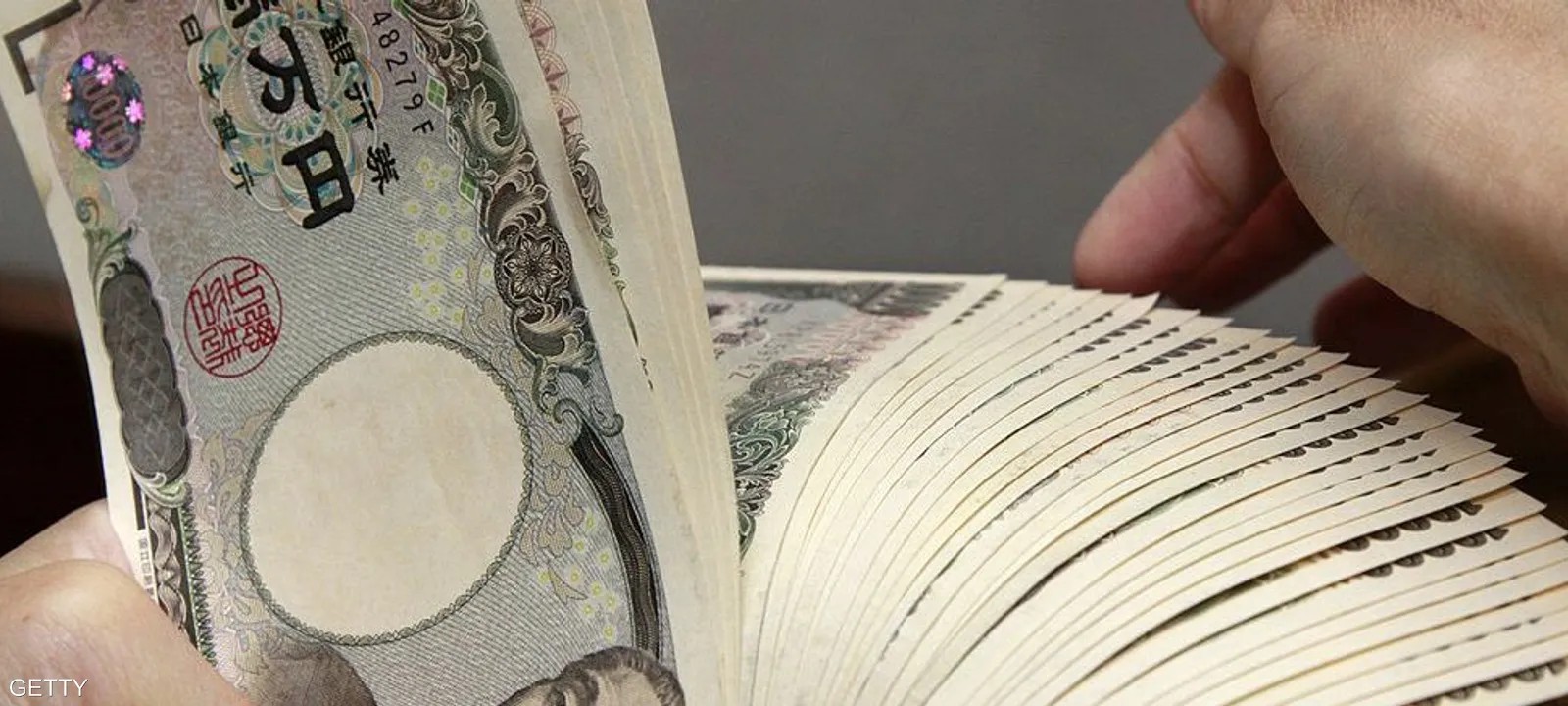Japanese Finance Minister Supports Monetary Policy Normalization Steps
Chances of further Japanese interest rate hikes decline
The Japanese yen rose in the Asian market on Thursday against a basket of major and minor currencies, resuming its gains that stopped for two days against the US dollar, to approach its highest level in seven months again, this comes amid the Japanese authorities’ intense monitoring of the currency’s movements in the foreign exchange market.
For his part, the Japanese Finance Minister supported the Bank of Japan's monetary policy normalization steps, while less aggressive comments from the Bank of Japan's deputy governor reduced the chances of additional increases in Japanese interest rates this year.
Price overview
Japanese Yen exchange rate today: The dollar fell against the yen by 0.85% to (145.42¥), from the opening price of today’s trading at (146.67¥), and recorded its highest level at (146.87¥).
The Japanese yen ended Wednesday's trading down 1.65% against the US dollar, in its second consecutive daily loss, as corrections and profit-taking continued from a seven-month high of 141.68 yen per dollar.
Apart from profit-booking, the Japanese currency rose after less aggressive comments from the Bank of Japan's deputy governor on the future of interest rates in Japan.
Japanese authorities: Japanese Finance Minister Shunichi Suzuki said on Thursday: The financial authorities are closely monitoring the sharp fluctuations in the stock market and the movements of the local currency. Suzuki attributed these fluctuations to a variety of reasons. Suzuki added: We support the steps of the Bank of Japan to normalize monetary policy.
Suzuki said: We are closely monitoring developments in wage growth in the country, and that the wage increases agreed upon in the spring are now reflected in economic data, and the new policies aim to achieve sustainable wage growth.
Less aggressive comments Bank of Japan Deputy Governor Shinichi Uchida said on Wednesday that the central bank will not raise interest rates when financial markets are unstable.
Uchida explained: Given the sharp fluctuations in domestic and external financial markets, it is necessary to maintain the current levels of monetary easing for the time being.
Japanese Interest The above comments have reduced the chances of the Bank of Japan raising interest rates for the third time this year, which is expected to reduce the pressure on carry trade unwinds.
Opinions and analysis
“I think it’s becoming increasingly clear that the BOJ’s hawkish shift last week may have been a misstep,” said Alvin Tan, head of Asia FX strategy at RBC Capital Markets. “Japan’s economy is actually in bad shape, especially domestic demand.”
Uchida has saved the carry trade for now, said Rong Ren Ju, portfolio manager at East Spring Investments.
“Japanese policy is one of the important moving parts of the overall market risk structure. The other important parts are US economic data, which in turn shape the Fed’s policy path,” Ren Guo added.
There is no real need for the Bank of Japan to continue raising interest rates, said Mark Matthews, head of Asia research at Julius Baer.
Once things calm down, the wide interest rate differential between Japan and other countries will once again become the primary factor in the yen's valuation against other currencies, Matthews added.






































